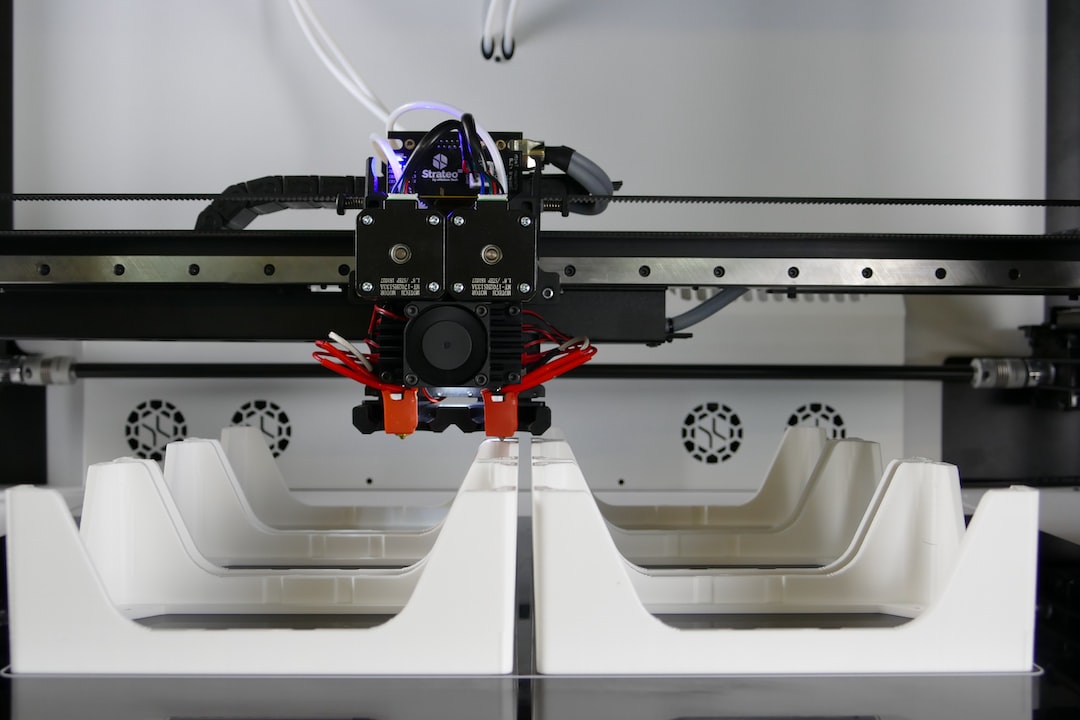The Role of Virtual Reality in Enhancing Education and Training
Education and training are vital aspects of human development and progress. They play a crucial role in shaping individuals’ knowledge, skills, and their overall growth. Traditionally, education and training have been delivered through lectures, textbooks, and practical experiences. However, with the advent of technology, a new medium has emerged that has the potential to revolutionize the way we learn – virtual reality.
Virtual reality (VR), a simulated experience that can be similar to or completely different from the real world, has gained significant attention and popularity in recent years. By creating an immersive and interactive environment, VR technology has the ability to enhance education and training in various fields. Let’s explore some of the ways virtual reality can transform the learning experience.
Firstly, VR can provide students with a realistic and hands-on learning experience. For instance, medical students can use virtual reality to practice surgical procedures without the need for a human patient. They can simulate complex surgeries in a safe and controlled environment, honing their skills and reducing the risk for real patients. Similarly, VR can be used in engineering and architecture programs to allow students to design and explore virtual buildings and structures. This hands-on approach can enhance students’ understanding and knowledge retention.
Moreover, virtual reality can make learning more engaging and enjoyable. Traditional education methods often rely on lectures and textbooks, which can be monotonous for some students. With virtual reality, learners can actively participate in their education through interactive and immersive experiences. For example, history students can virtually visit ancient ruins, walk through historical cities, and witness significant events, making the learning process more exciting and memorable.
Furthermore, VR can cater to different learning styles and preferences. People have different ways of absorbing and processing information, and virtual reality can provide a personalized learning experience. Visual learners can benefit from the immersive visuals in VR, auditory learners can engage with interactive audio, and kinesthetic learners can actively engage with objects and environments. In this way, virtual reality can accommodate individual learning needs and enhance comprehension and retention.
In addition to education, VR has immense potential in the field of training. Many industries require practical and hands-on training, such as aviation, military, and hazardous work environments. With virtual reality, trainees can be exposed to realistic scenarios, allowing them to practice their skills and decision-making in a safe setting. For instance, pilots can simulate various flight conditions and emergencies, helping them develop the necessary skills and confidence. Similarly, military personnel can experience combat situations without actual danger, improving their readiness and response.
Moreover, virtual reality can bridge geographical barriers and enable remote learning and training. In traditional education systems, students may be limited by their location or resources. However, with VR, learners can access educational content and experiences regardless of their physical location. This opens up opportunities for individuals in remote areas or underprivileged communities to receive quality education and training.
However, while virtual reality holds immense potential, it is important to consider some challenges. The cost of VR equipment and software can be a barrier to widespread adoption in educational institutions. Additionally, the technology is still evolving, and there may be limitations in terms of content availability and technical requirements. Integration with existing curricula and training programs may also require careful planning and investment.
In conclusion, virtual reality has the potential to revolutionize education and training by providing realistic, engaging, and personalized learning experiences. It can enhance comprehension, retention, and skill development across various disciplines. While there are challenges to overcome, the growing popularity and advancements in virtual reality make it an exciting and promising tool for the future of education and training. As technology continues to evolve, we can expect virtual reality to play an increasingly significant role in shaping the way we learn and grow.
